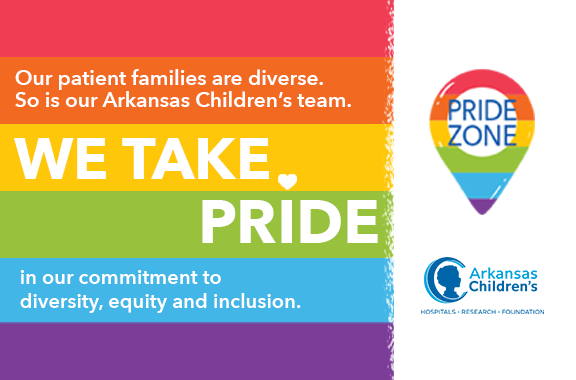Court Arguments Over Arkansas’ SAFE Act Scheduled for Next Week

A three-judge panel for the Eighth Circuit Court of Appeals will hear arguments next week over whether or not the State of Arkansas should be free to enforce the SAFE Act while a lawsuit over the act’s constitutionally progresses in court.
The Arkansas Legislature overwhelmingly passed the Save Adolescents From Experimentation (SAFE) Act last year.
The SAFE Act is an excellent law that protects children from sex-reassignment procedures, puberty blockers, and cross-sex hormones.
Researchers do not know the long term effects that puberty blockers and cross-sex hormones can have on kids.
That is part of the reason many experts agree that giving puberty blockers and cross-sex hormones to children is experimental, at best.
That is also why a major hospital in Sweden announced last year that it would no longer administer puberty blockers and cross-sex hormones to children.
Unfortunately, the ACLU and others filed a lawsuit against the SAFE Act last summer, before the law officially took effect.
Several business interests and the Biden-Harris Administration also have joined the fight against Arkansas’ SAFE Act.
Last July, U.S. District Judge James Moody temporarily blocked the state from enforcing the law while the lawsuit progresses.
Arkansas’ Attorney General asked the Eighth Circuit to lift his order so that the state can start enforcing the law right away.
On Wednesday, June 15, a three-judge panel will hear arguments in that case.
According the Eighth Circuit Court of Appeals, Judges James B. Loken, Jane Kelly, and Katherine M. Menendez will hear the arguments.
President George H. W. Bush appointed Judge Loken to the Eighth Circuit, and he has served there since 1990.
Judge Kelly is one of President Obama’s appointees, and has been on the court since 2013.
Judge Menendez was appointed to the federal district court by President Biden last year.
Regardless of whether or not this panel lets Arkansas enforce the SAFE Act, the lawsuit over the SAFE Act’s constitutionality is progressing and will go to trial this October.
Arkansas’ SAFE Act protects children. We believe federal courts ultimately will recognize that fact and uphold this good law as constitutional.



